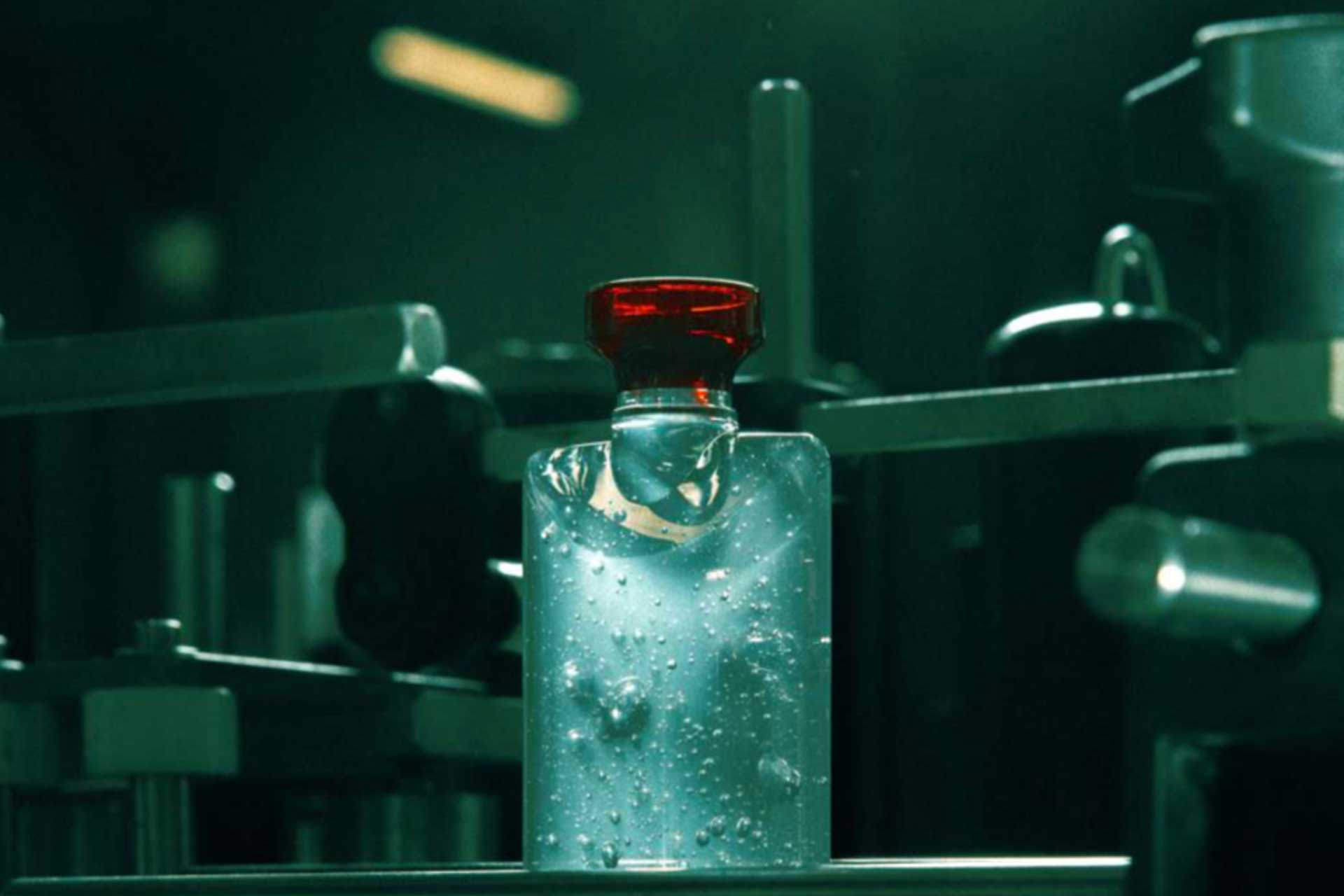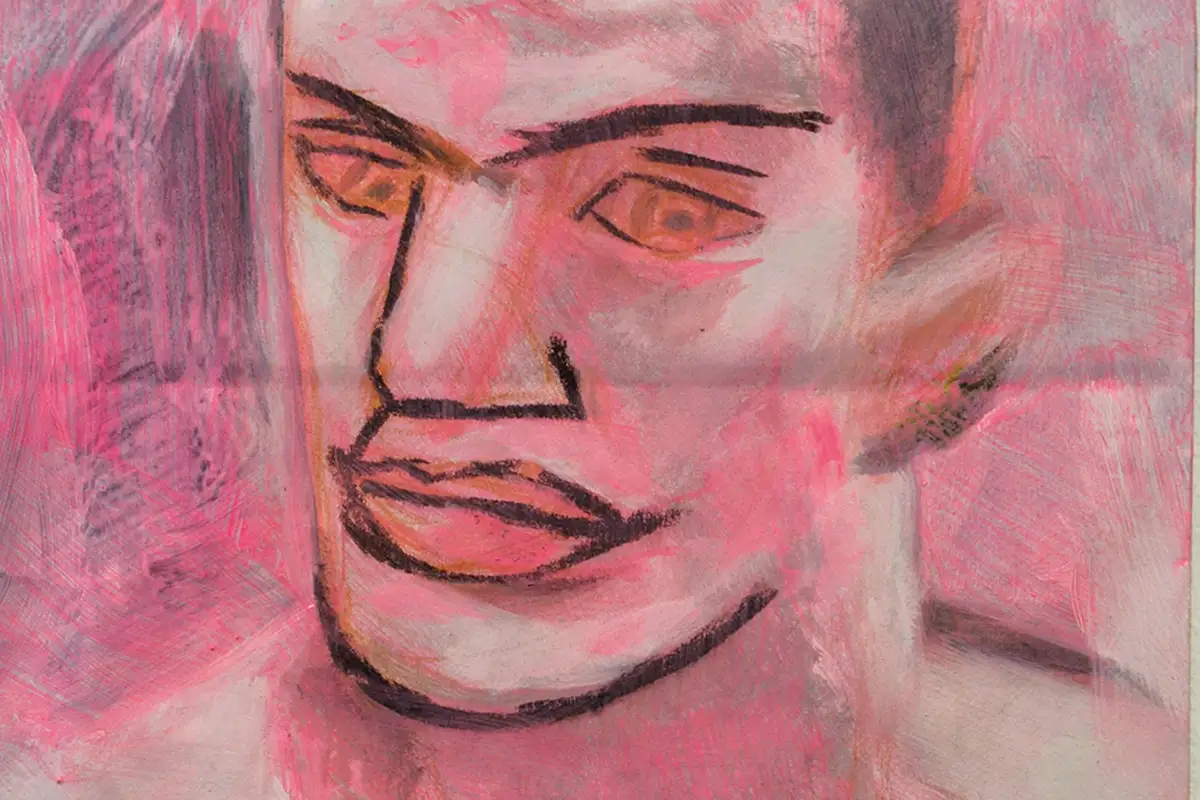True to its Roman roots, Bvlgari has increasingly invested in conserving the past and ensuring the future, not just through design, but through arts and education initiatives
CEO Jean-Christophe Babin set an all-female panel
On January 2021: Bvlgari CEO Jean-Christophe Babin gave the floor to an all-female panel moderated by Fairchild Media President Amanda Smith. Katie Ewer, Associate Professor and Senior Immunologist at the University of Oxford’s Jenner Institute, Leslie Vosshall, HHMI Investigator and the Robin Chemers Neustein Professor of Neurogenetics and Behavior at The Rockefeller University and Eleonora Rizzuto, Chief Ethics & Compliance Officer – CSR Director Bvlgari Group & LVMH Italian Brands.
Rebecca Makinson and Cameron Bissett are the recipients of the first edition of the Bvlgari Scholarships program which commenced last October. This investment will attract the minds, regardless of gender, race, or background «these are the next generation of innovators in the field of vaccinology».
Vomen must represent a minimum of 30% of senior positions
The barriers encountered in the scientific community are also attributed to the patriarchal nature of academia. At the Jenner Institute, women must represent a minimum of 30% of senior positions, ensuring gender representation and stepping towards gender balance.
Further to this, in September the Bvlgari Virus Free Fund extended its support to The Rockefeller University – the world’s leading biomedical research institution – and their longstanding Women & Science Initiative.
Since 1997, The Rockefeller University has encouraged the careers of talented female scientists through 250 fellowships that provide the means to conduct independent research. Bulgari will provide nine more fellowships, fostering the leading female minds in the fields of neurology and immunology. Currently, Rockefeller counts 75 female scientists working on COVID-19-related projects, with promising results.
Bulgari – Leslie Voshall
Faculty member Leslie Voshall is working on «diagnostic tests for smell and taste loss—an early symptom of COVID-19», whilst newly developed drugs based on neutralizing antibodies have just entered clinical trials. This year, Bulgari has selected three international female fellows, including Frauke Muecksch from Germany, who significantly contributed to a simple, rapid method of measuring the level of neutralizing antibodies in hundreds of samples from recovered COVID-19 patients.
Vosshall noted that all of the expert virologists of television appeared to be men – «there had been a lot of progress in getting women in visible positions before COVID-19 and then it all collapsed». The pandemic undeniably amplified the gender gap, with women, particularly those of color, more likely to face unemployment. Another contributing factor is the increased demand for unpaid childcare, which is disproportionately carried out by women.
Female strength and resilience
Women in science have faced considerable losses due to the closure of childcare facilitates and an inability to work-from-home, with Vosshall believing women in the field have been «set back an entire year». This is exactly what Bvlgari’s work hopes to counteract. «As a Brand with a longstanding relationship with female strength and resilience, we wanted to support female scientists and researchers embodying the ability to pursue new paths in research and the development of new therapies», said Jean-Christophe Babin.
«Despite the difficulties encountered, many female scientists have made important contributions to innovation…Today, female university researchers across different fields exceed 50%. We continue to make a difference and grant a contribution by offering opportunities to women who can hold positions in the world of science and research».
Women’s Empowerment Principles
The pandemic could potentially be a step backward for gender equality unless we look toward sustainable flexible working and focused initiatives. Nevertheless, Bvlgari recognizes the powerful potential of women in the workplace as the principles of its Code of Conduct were inspired by the United Nations Guidelines on Women’s Empowerment.
In 2013, Bvlgari signed the Women’s Empowerment Principles and has since confirmed that 62% of its international management are women. Bvlgari’s commitment to gender equality and diversity within the workplace can be seen in its work with LVMH, providing women with the practical content required for progression within the company. «Bvlgari is expanding its engagement to support women’s empowerment as a key competitive advantage leading to innovation and multi-faceted creativity», said Eleonora Rizzuto.
Bvlgari’s Corporate Social Responsibility
Jean-Christophe Babin outlined Bvlgari’s Corporate Social Responsibility (CSR) program, explaining that being a sustainable and responsible brand today involves ‘giving back’. When the virus first struck, Bulgari swiftly adapted its fragrance manufacturing facilities to produce hand sanitizer to be donated to hospitals across Italy, Switzerland, and the United Kingdom. As of today, the brand has managed to provide 800,000 bottles of the essential gel.
Locally, Bvlgari financed a high-tech microscope for Rome’s Lazzaro Spallanzani National Institute for Infectious Diseases – the first to isolate the virus in less than 48 hours. This was partnered with a Bulgari Virus Free Fund, a financial program to support established institutions from Lazzaro Spallanzani, University of Oxfordʼs Jenner Institute, and New York’s The Rockefeller University, in their innovative research into preventative therapies or cures for viruses.
Oxford-AstraZeneca vaccine
In a short space of time, Bvlgari’s partnership with the Jenner Institute has paid off, with the UK’s approval of the Oxford vaccine created in collaboration with AstraZeneca. With safety data from well over 23,000 people, the vaccine began distribution from January 4th, rolling out 530,000 doses in the first week alone.
Bvlgari’s contribution has enabled the University to purchase a state-of-the-art Flow Cytometer, crucial to developing its vaccine. As Babin displayed, «we are proud to have played a modest part in this challenging journey towards a vaccine and look forward to continuing our work with Oxford over the coming years to eradicate other viruses in this way». Another reason for Babin’s excitement is the implications of the Oxford-AstraZeneca vaccine.
A testament to what science can achieve
The vaccine has a different profile to the previous approved Pfizer and Moderna vaccines, allowing it to be stored and transported at normal refrigerated temperatures of 2 degrees to 8 degrees celsius for at least six months (opposed to Pfizer’s which requires a temperature of -70 degrees celsius and lasts only 24 hours between 2 degrees to 8 degrees).
The Jenner Institute specializes in diseases of poverty that primarily affect lower-income countries, such as Ebola or Malaria. Employing the same platform technology to COVID-19, the Oxford-AstraZeneca vaccine is suitable for large-scale, low-cost deployment.
What this means, Katie Ewer explains, «is that the not-for-profit vaccine is easier to distribute and will be accessible to low and middle-income countries. Paired with AstraZeneca’s manufacturing capacity, this vaccine could play a role in curbing the spread of COVID-19 globally and potentially facilitate a quicker return to normal». For Ewer, this vaccine is «a testament to what science can achieve when all the barriers are taken away».
Innovating the Present for a Sustainable Future
Bvlgari hosted the fourth installment of the Innovating the Present for a Sustainable Future webinar series, spotlighting the Roman Jeweler’s continuous commitment to the promotion of socially responsible initiatives. With a strong focus on women’s fundamental role in building new benchmarks across different fields, the talk concentrated on three main conversation points: Bulgari’s initiatives in the fight against COVID-19, the female scientists of today and tomorrow, and women in the Bulgari Community.




















